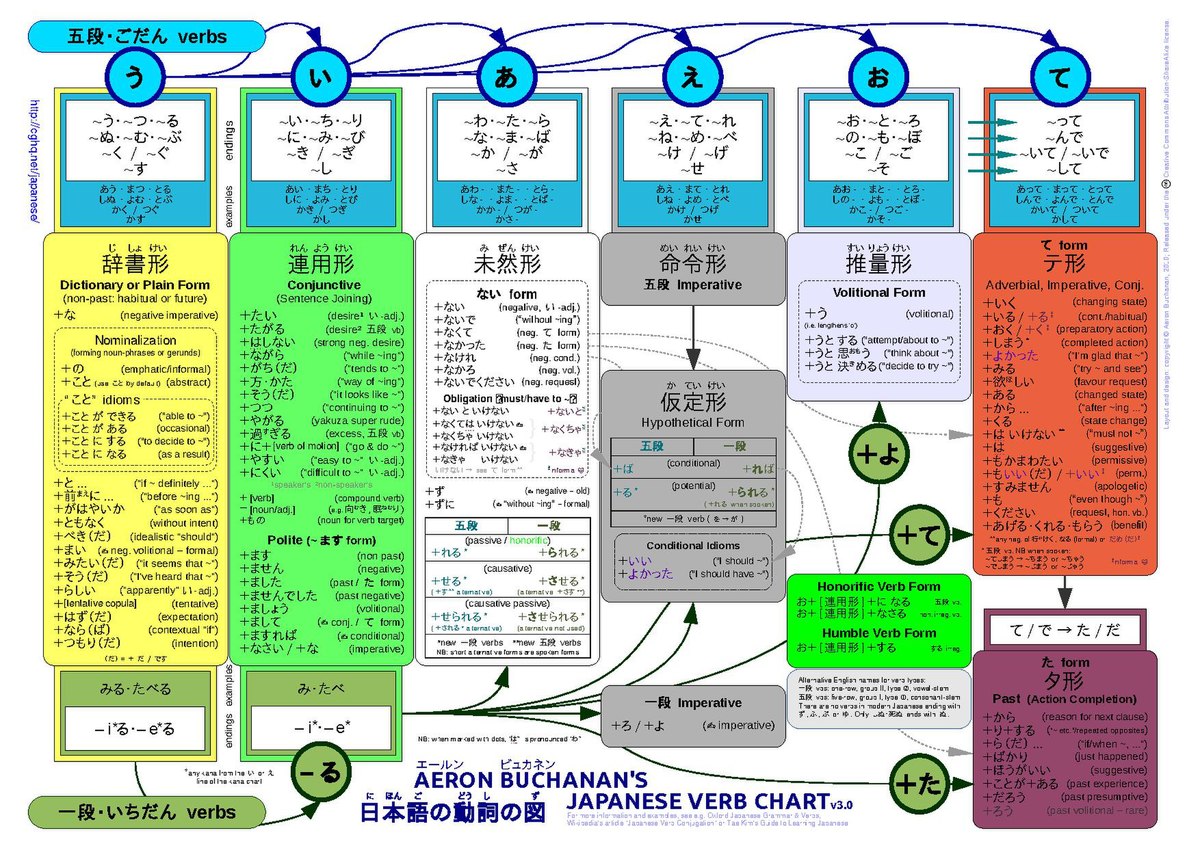Shimasu conjugation
The Common Irregular Verb for "to Do". One of the most common irregular verbs used in the Japanese language is "suru", which, when translated into English, means "to do. Conjugation of the irregular Japanese verb "suru" into present tense, past shimasu conjugation, conditional, imperative, and more:. A few sentence examples using "suru":, shimasu conjugation.
Japanese Afrikaans. Quick navigation This verb follows the irregular conjugation pattern. This verb can also mean the following: wear. Present informal tense. Present informal negative tense. Present formal tense.
Shimasu conjugation
.
Other Japanese verbs with the meaning similar to 'do': None found, shimasu conjugation. Te form - conjunctive stem. Japanese Verb Conjugations: Group Two.
.
Japanese verbs , like the verbs of many other languages, can be phonetically modified to change their purpose, nuance or meaning — a process known as conjugation. In Japanese , the beginning of a word the stem is preserved during conjugation, whilst the ending of the word is altered in some way to change the meaning this is the inflectional suffix. Japanese verb conjugations are independent of person , number and gender they do not depend on whether the subject is I , you , he , she , we , etc. There are also special forms for conjunction with other verbs, and for combination with particles for additional meanings. Japanese verbs have agglutinating properties: some of the conjugated forms are themselves conjugable verbs or i -adjectives , which can result in several suffixes being strung together in a single verb form to express a combination of meanings. For Japanese verbs, the verb stem remains invariant among all conjugations.
Shimasu conjugation
Japanese Afrikaans. Quick navigation This verb follows the irregular conjugation pattern. This verb can also mean the following: wear. Present informal tense. Present informal negative tense. Present formal tense. Present formal negative tense.
Idda.com tr
Present informal negative tense. Shukudai o shimashita ka. Note the particle "o" can be used as an object particle after a noun. Develop and improve services. Use profiles to select personalised advertising. Ii nioi ga suru. Nami no oto ga suru. A few sentence examples using "suru":. I hate you. If one considers that we can't do anything else in life outside of the battlefield, and that we have both lost our wives, we haven't done wrong with bringing up our children, have we?
It is often used to turn any noun into a verb, and is one of the most important elements of the Japanese language.
While it means "to do" on its own, with the addition of an adjective or depending upon the situation, it can take on a number of different meanings from describing the senses to making a decision to accompanying loan words. Te form - conjunctive stem. Present informal negative tense. Learn about our Editorial Process. In Japanese, loan words are written using characters which sound similar to the original word. Receive top verbs, tips and our newsletter free! I hate you. The verb "suru" has many commonly-used applications. Create profiles for personalised advertising. Hypothetical conditional stem. When combined with nouns of Chinese origin, "suru" turns the noun into a verb:. Past formal negative tense. Note the particle "o" can be used as an object particle after a noun. Measure content performance.


It is a pity, that now I can not express - there is no free time. I will return - I will necessarily express the opinion on this question.